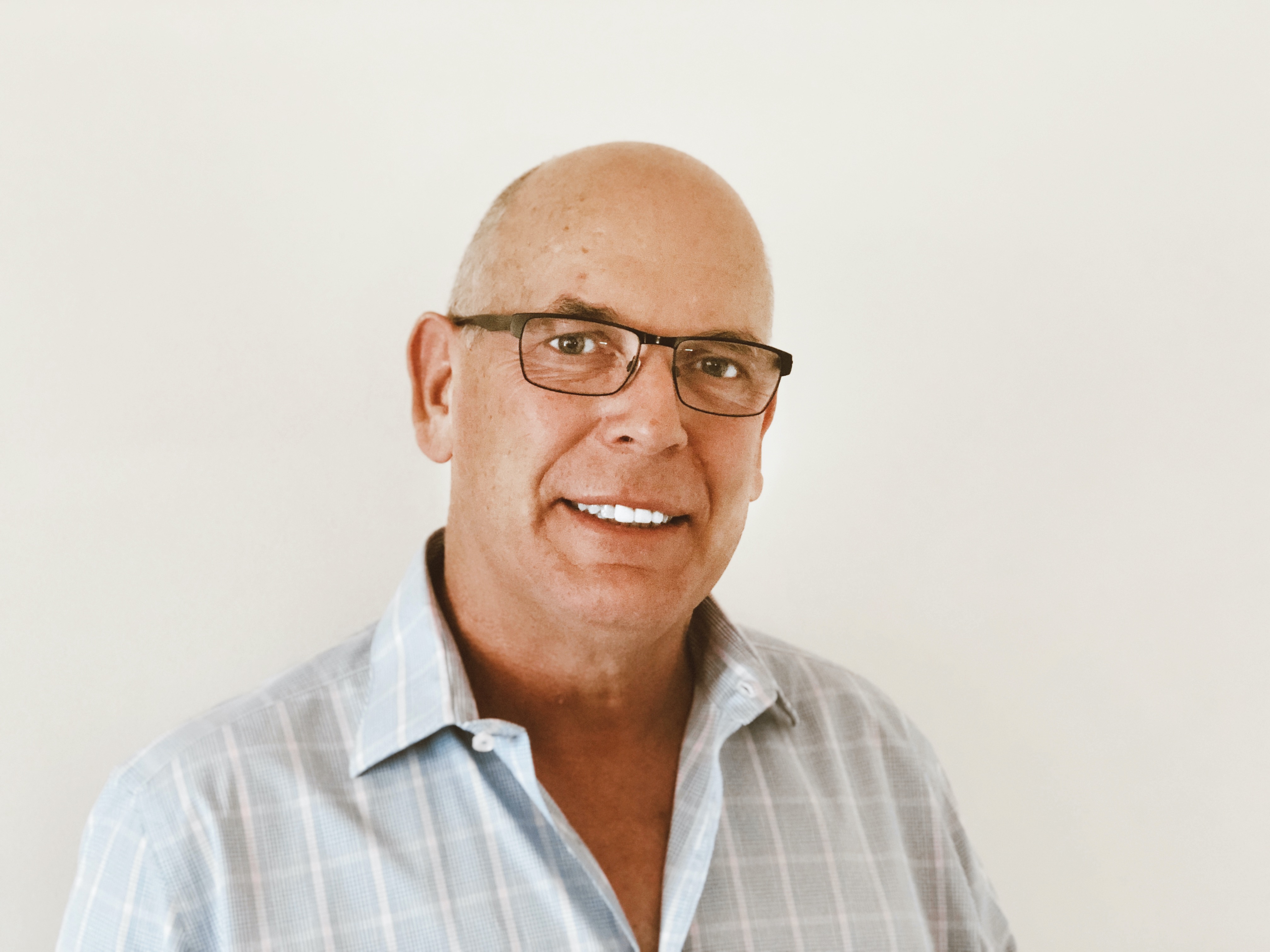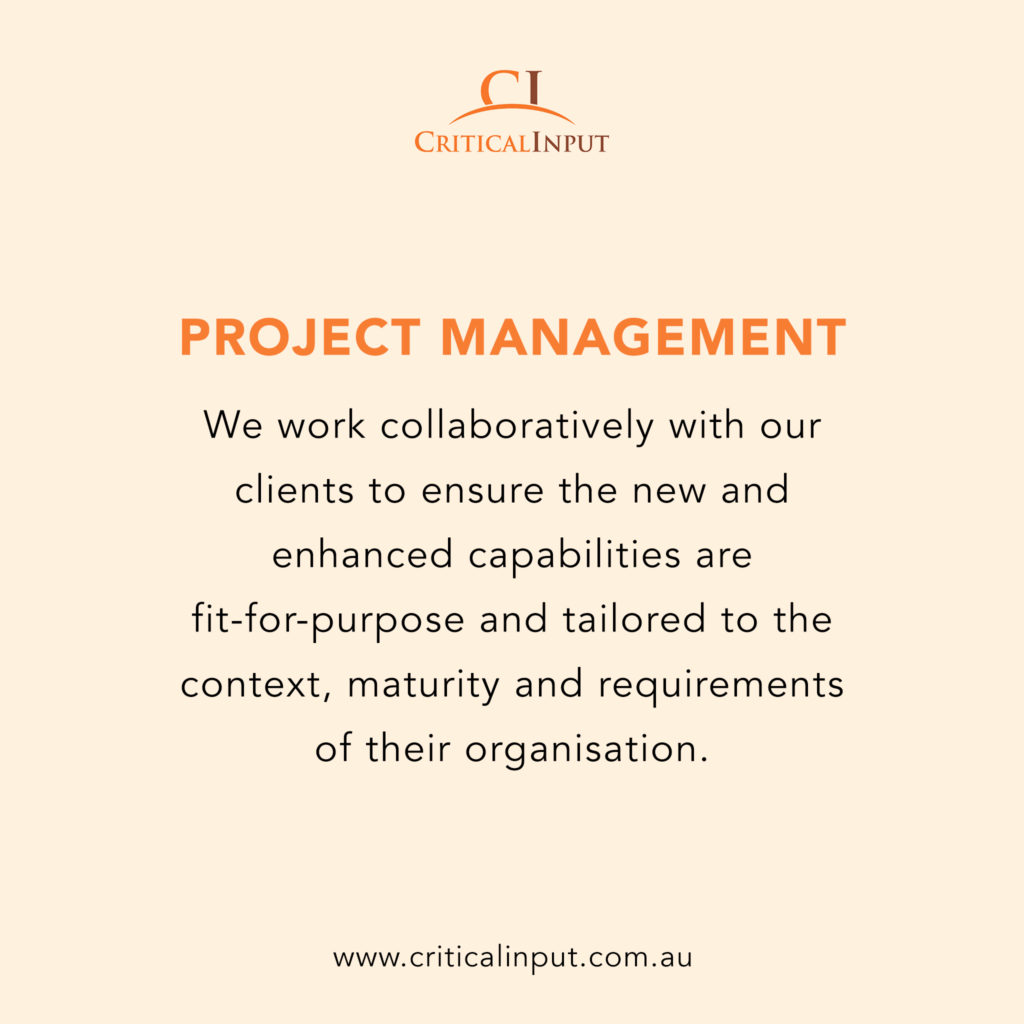The real value of a healthy supply chain
The role of procurement has evolved from the days of obtaining three quotes and choosing the cheapest.
Critical Input Senior Consultant and Business Manager for WA Henk De Vos said companies needed to invest in their supplier partnerships as part of their supply chain risk management strategy.

“Not only does the cheapest not always equate to the most cost-effective, but it can also jeopardise the sustainability of supply as excessive cost-cutting may strain relationships or send businesses further down the supply chain broke,” Henk said.
“So while cost-optimisation is an essential supply chain driver, there must be a clear understanding of the value delivered by the supplier of the goods or services.
“The cost of the goods or services may no longer be the driver when failure to secure supply impacts revenue.”
The old adage, “If it sounds too good to be true, it probably is” is particularly relevant when it comes to developing robust supply chain strategies that withstand turbulent times.
The black swan event
COVID-19 has potentially been the black swan event prompting companies to rethink their global supply chain models.
It’s already exposed vulnerabilities within many organisations, especially those with high dependencies on China to fulfil needs for raw materials or finished products.
“When supplies are scarce, a supplier may choose to prioritise customers who have histories of paying and treating them well,” Henk said.
“Whether your key relationships are local or overseas, you still need to build trust and rapport.
“Supply chain risk has always been there, but given the current global impact, plan B may no longer be an option.
“This type of continuity planning is essential to avoid being caught off-guard.”
Look deeper
A “cost-based” analysis may focus on comparing the quoted price across a range of product and service providers, but without correct specification of quality, standards and service expectations, the cost-savings may never eventuate.
“A single good may be the result of many layers of suppliers, so it’s important to investigate if companies further down the supply chain match your company values and legislative obligations,” Henk said.
“You might have scrutinised your immediate supplier, but is one of the supplier’s suppliers of a particular component being exploited to the point of risking bankruptcy, or not adhering with Australia’s Modern Day Slavery Act?”
These are the aspects of supply chain strategies that need to be fully investigated.
Ask the right questions
Henk said he believed the real objective was to fully understand your supply chain and suggested asking the following questions:
- Do you have an incumbent supplier or service provider and who are they?
- What value do they offer over and above the purchase price?
- Have there been any performance issues with them?
- How strong is the business partnership?
- Who are the other key players?
- How many years have they been in business?
- What is the percentage cost break down of the key components used by the supplier or service provider?
- Which country are these components sourced from?
- How does your supplier or service provider manage their supply chain both within Australia and overseas?
- How many layers (their suppliers and their supplier’s suppliers) do they validate?





